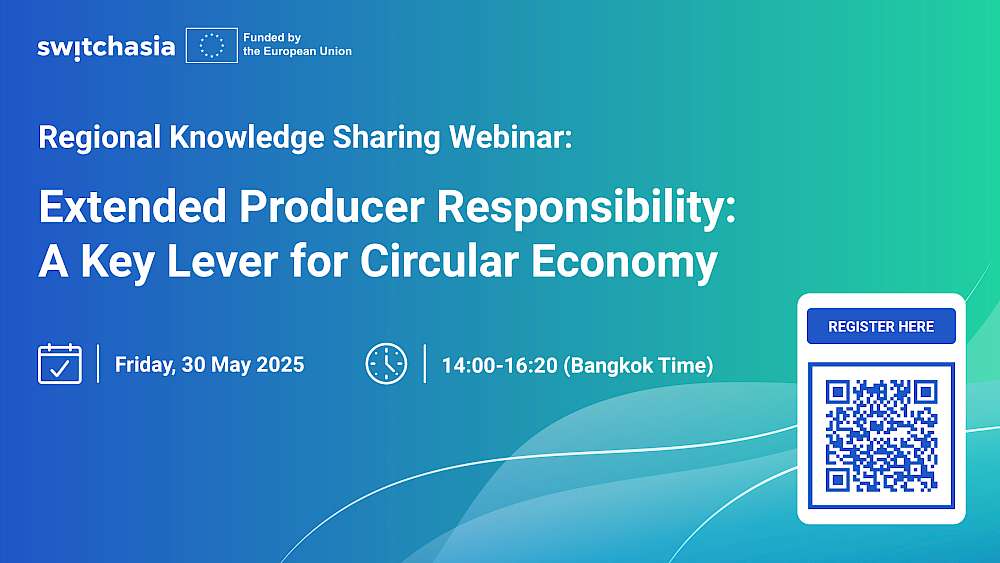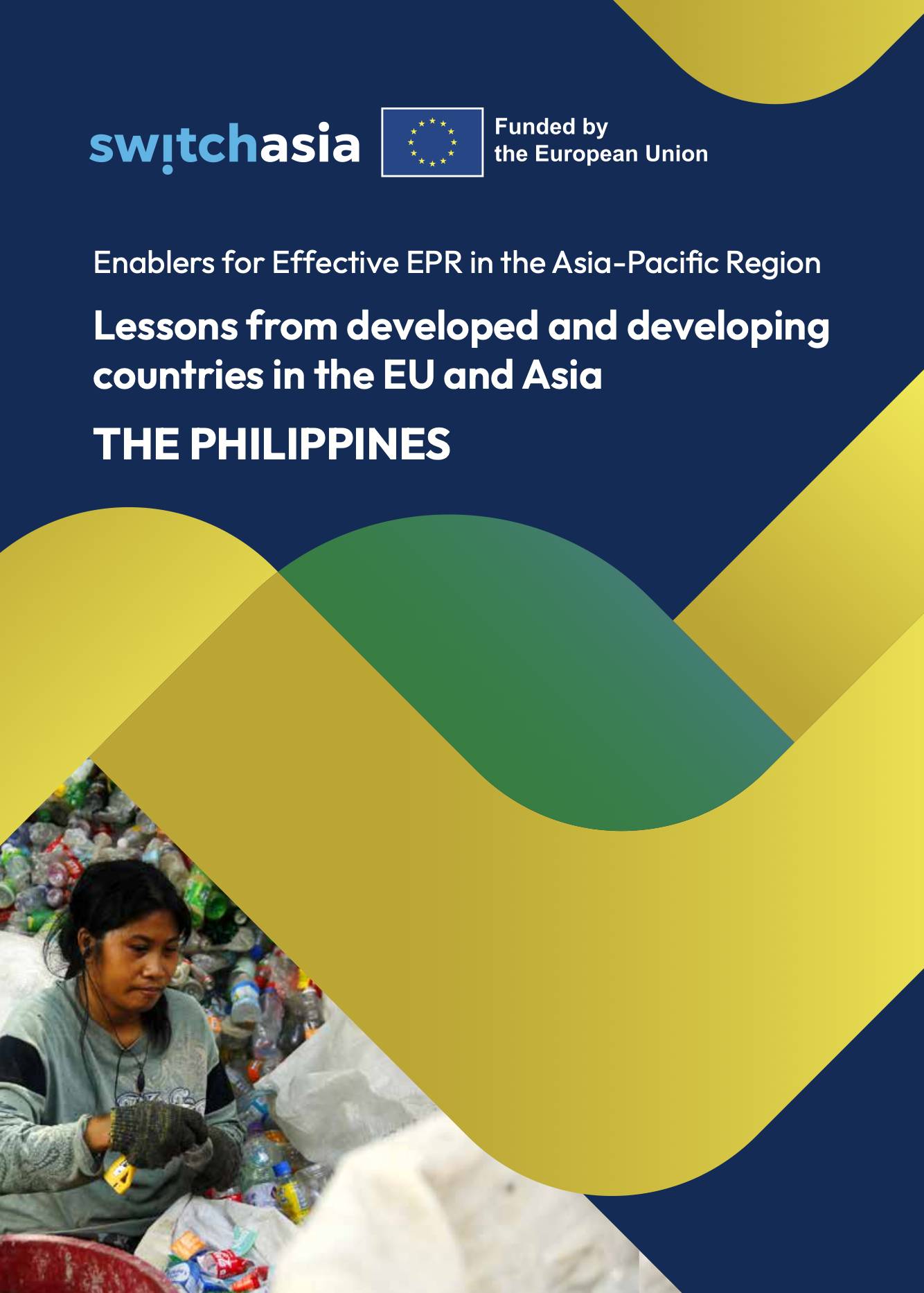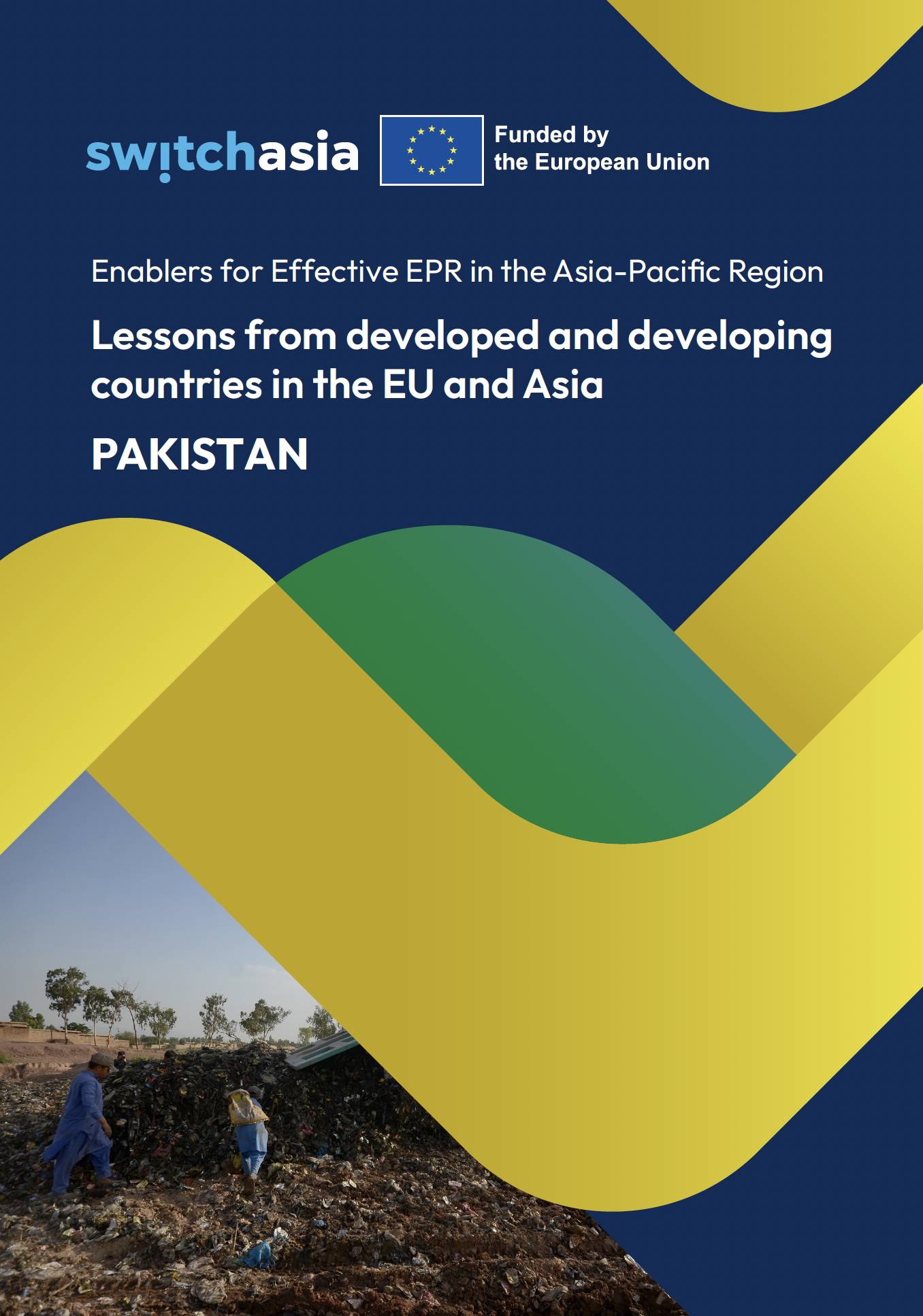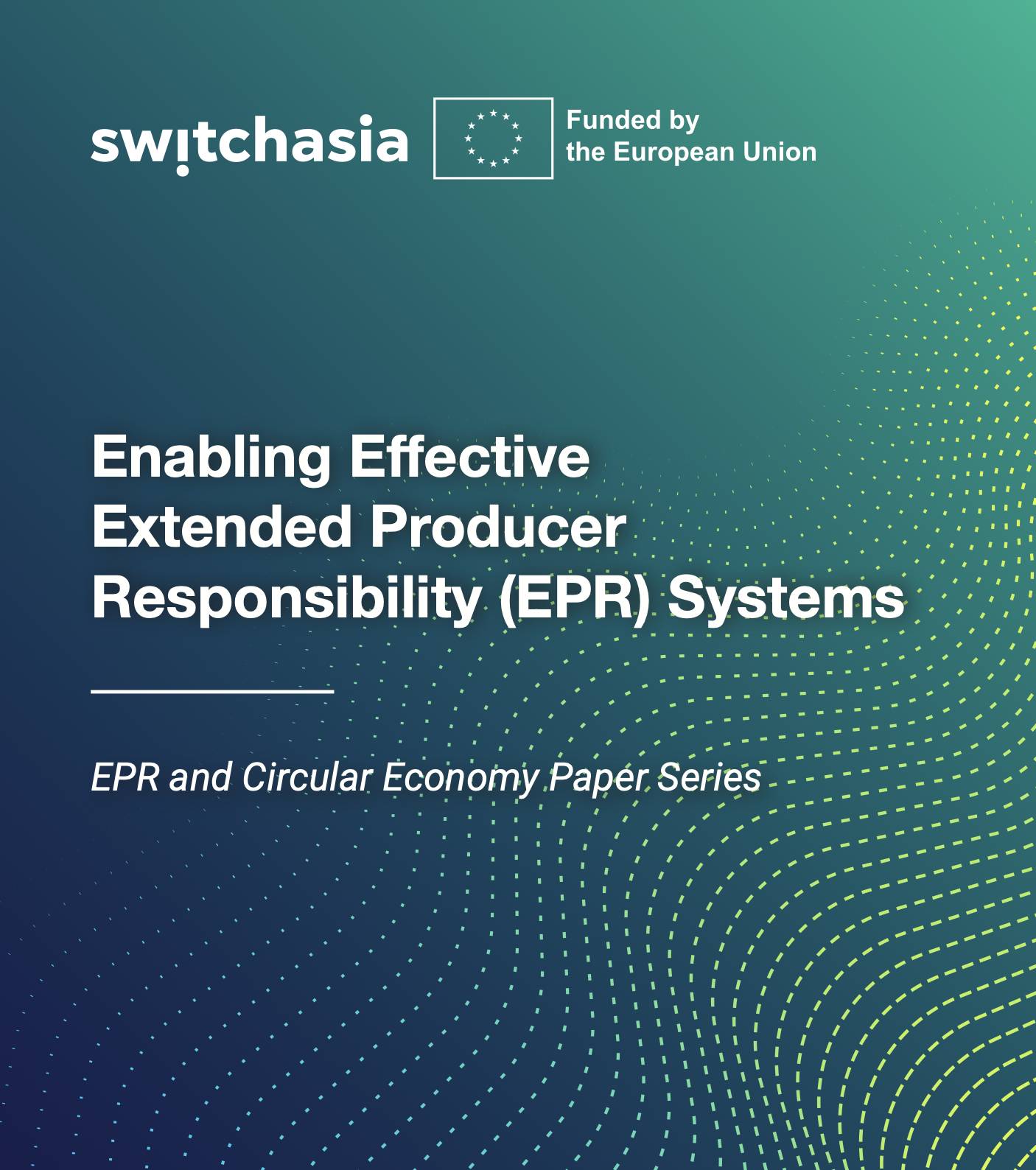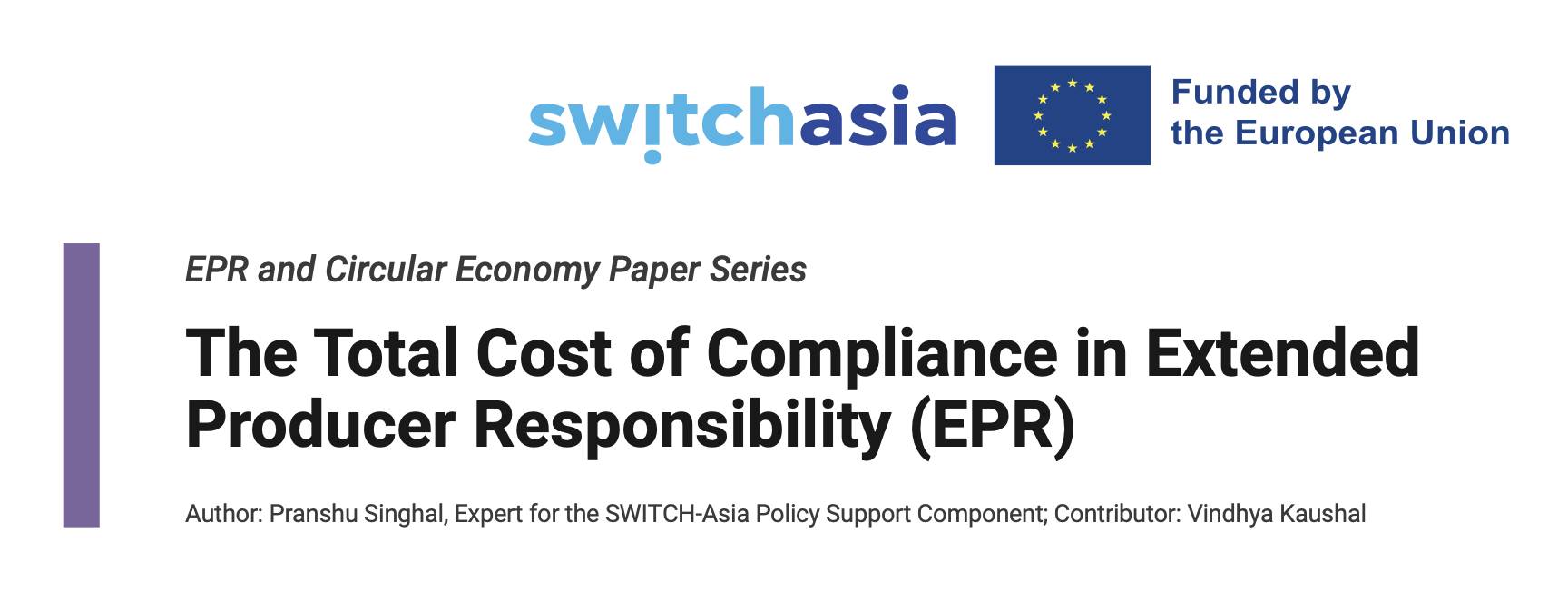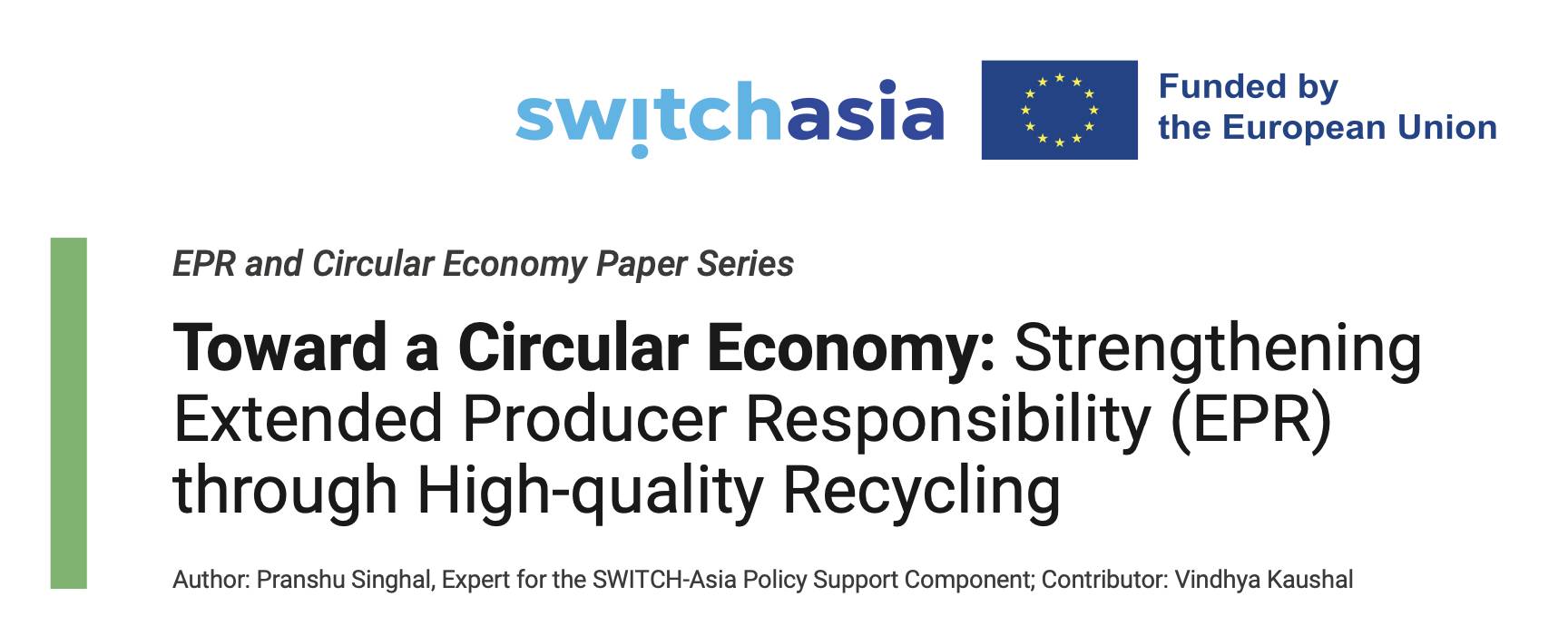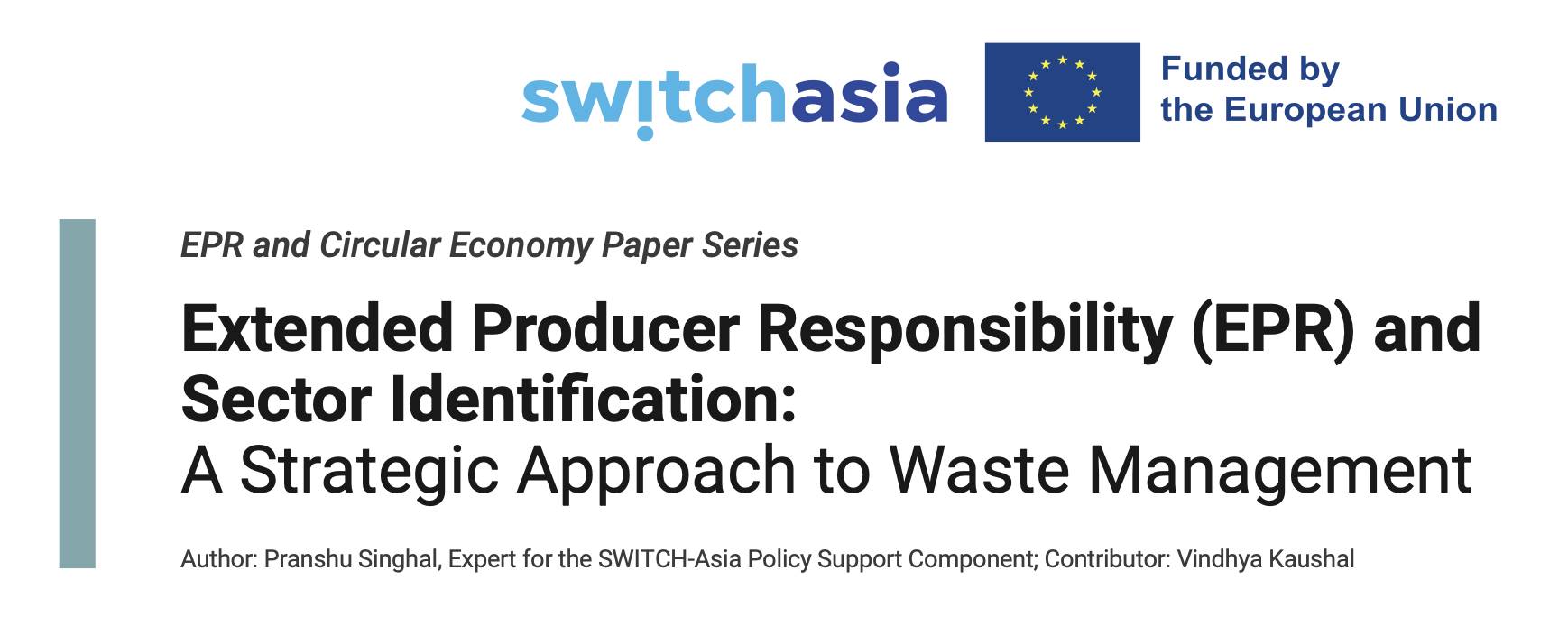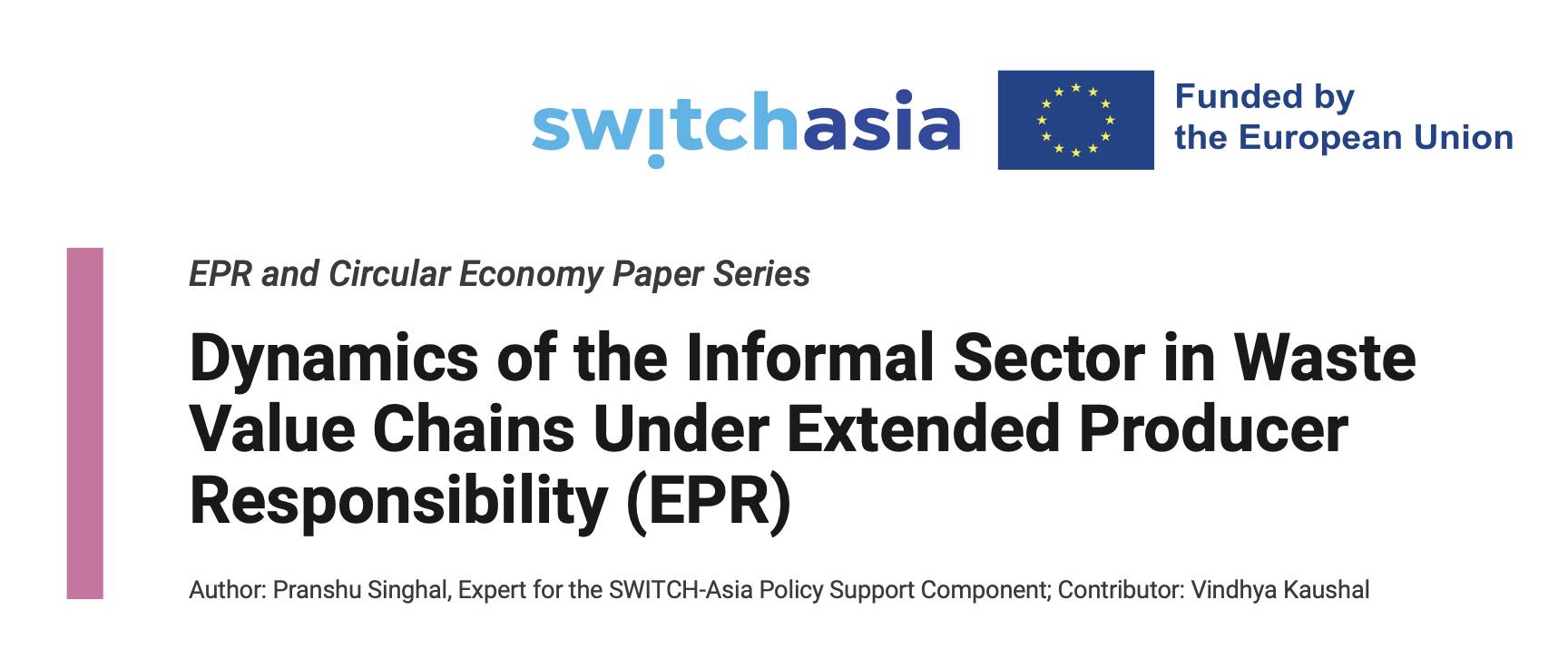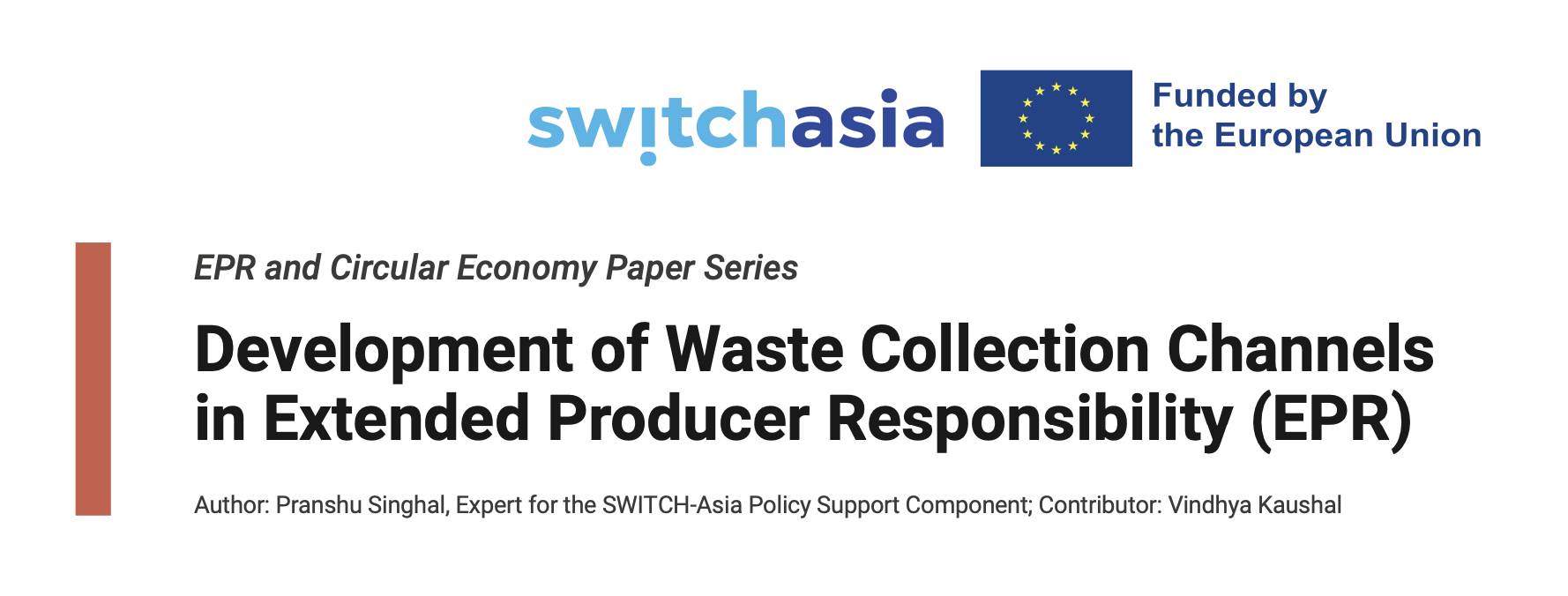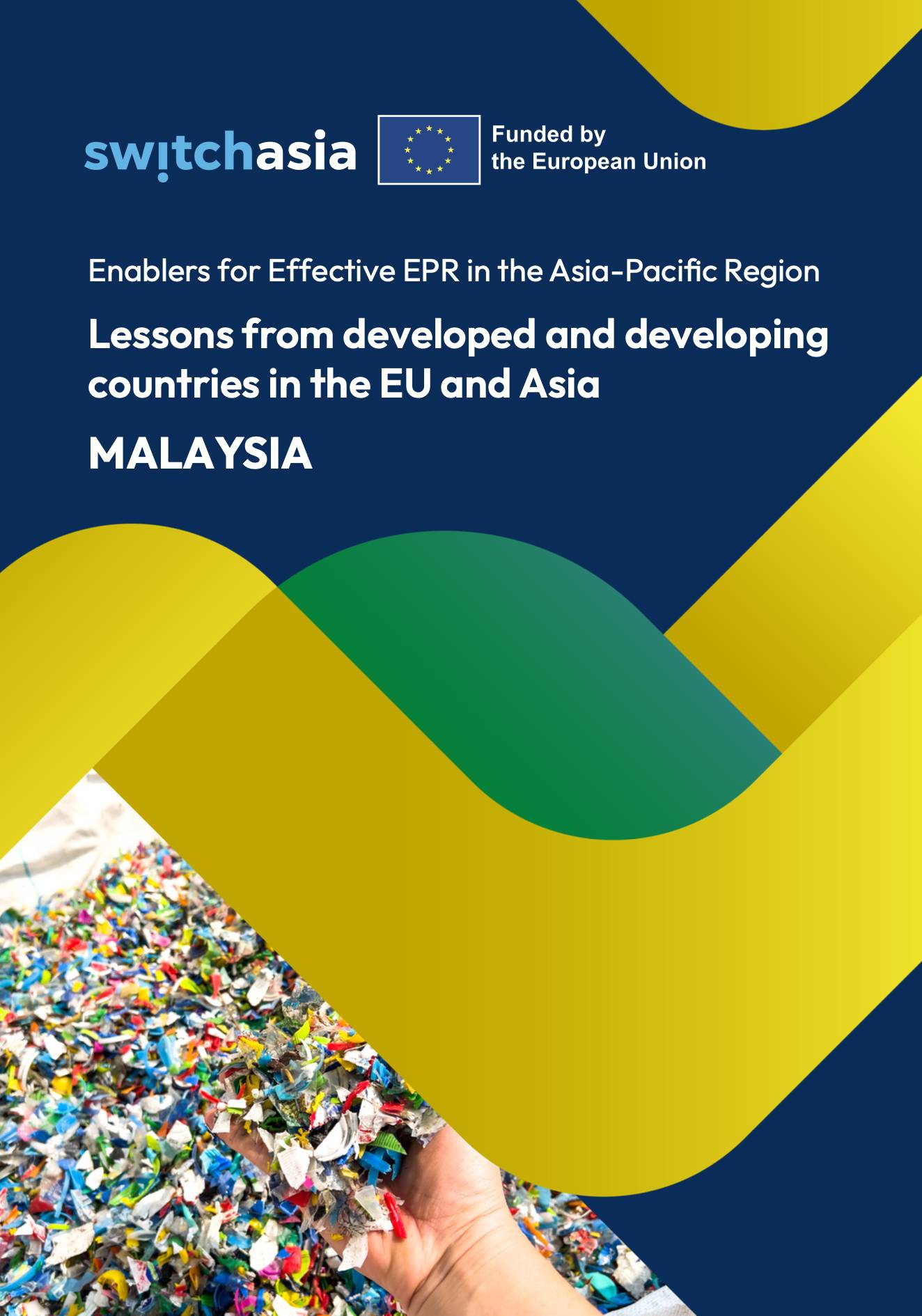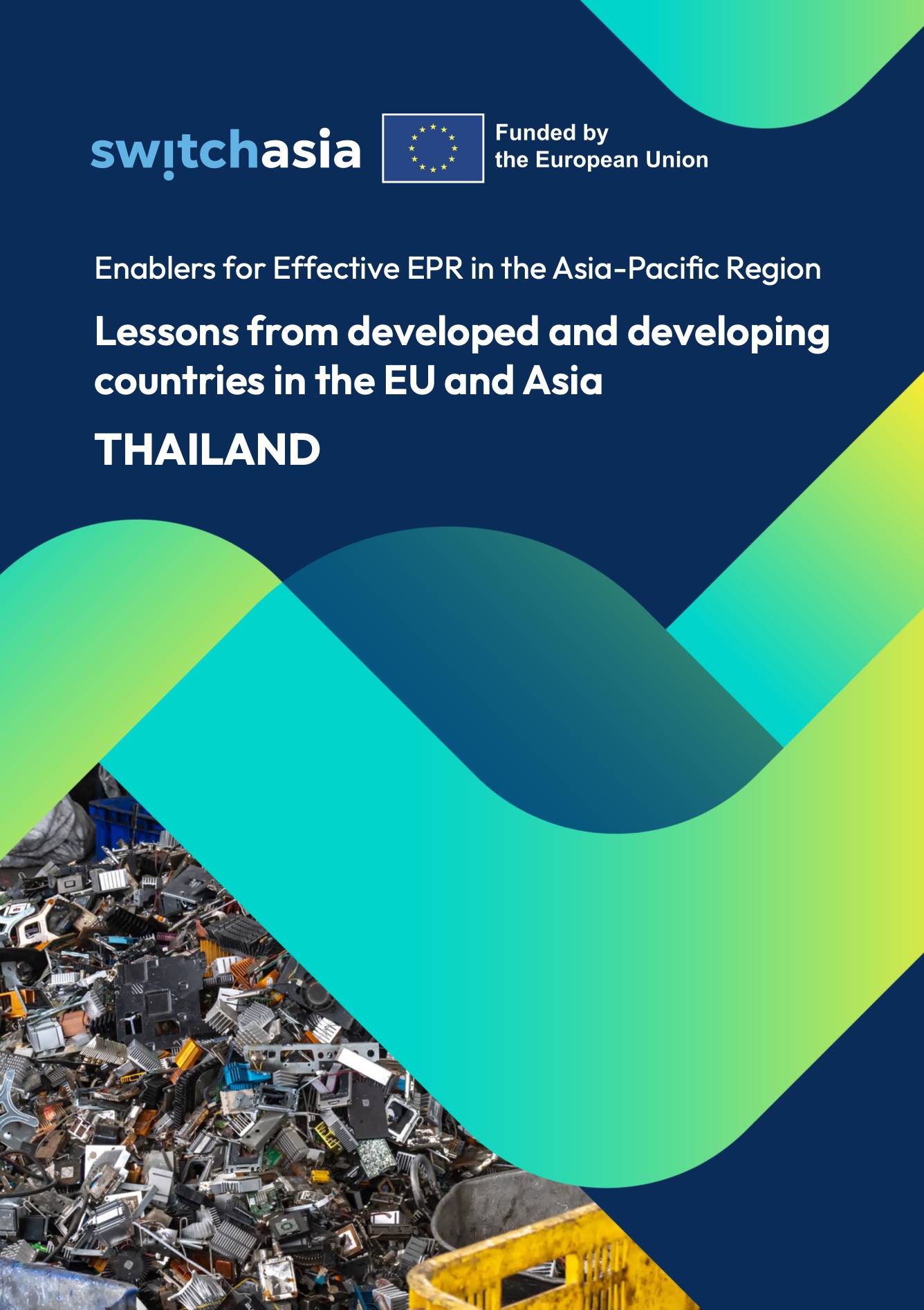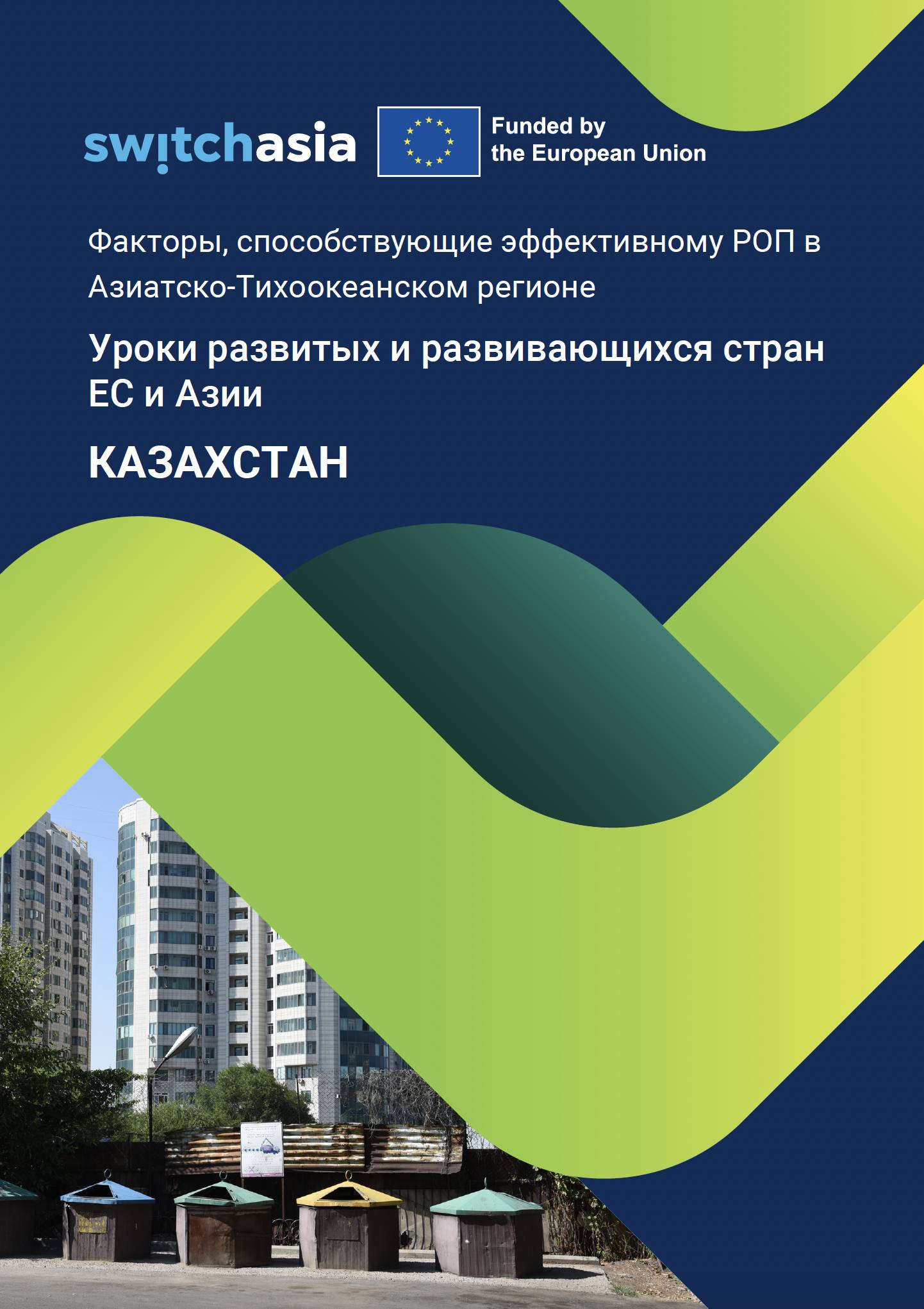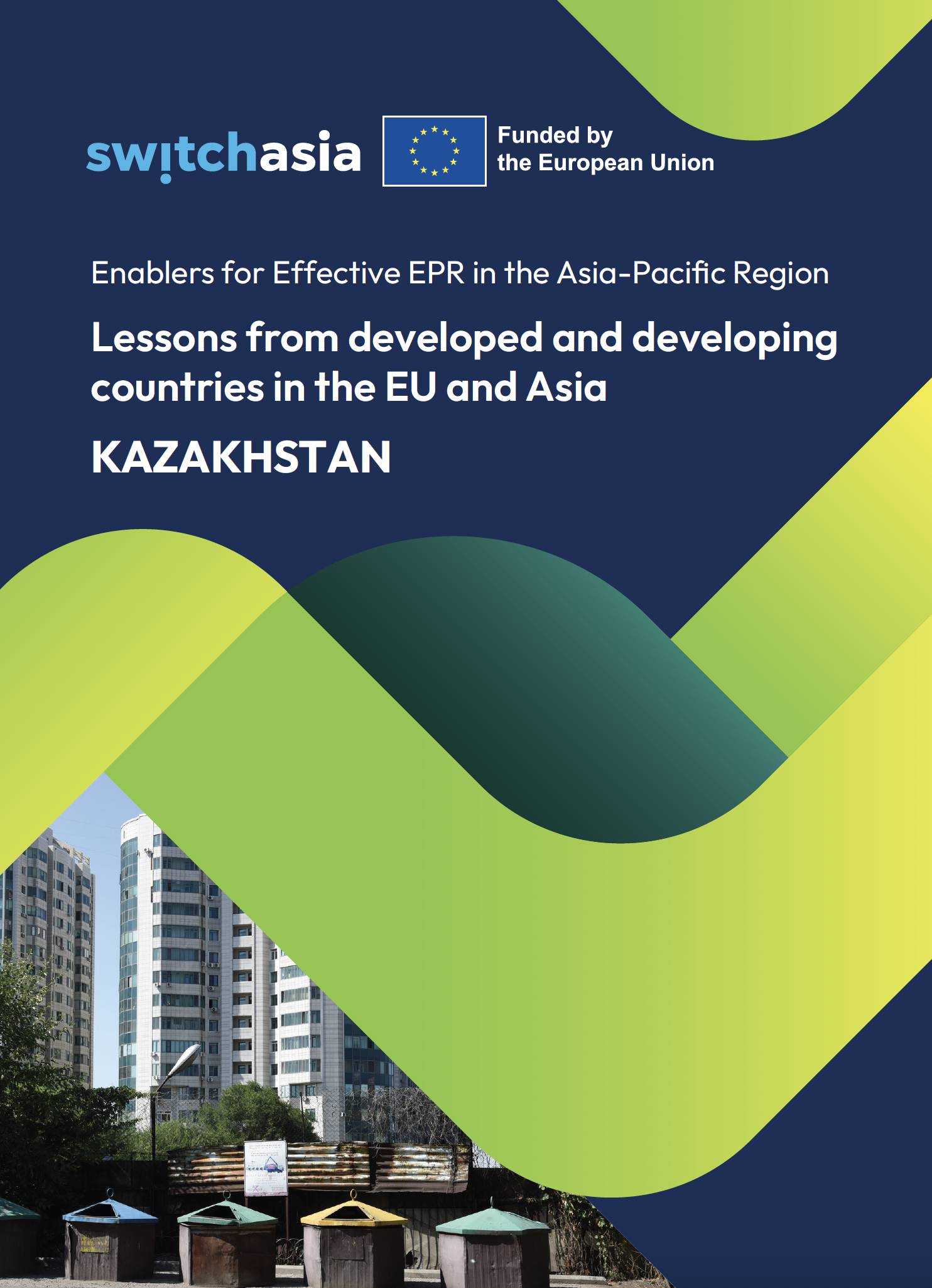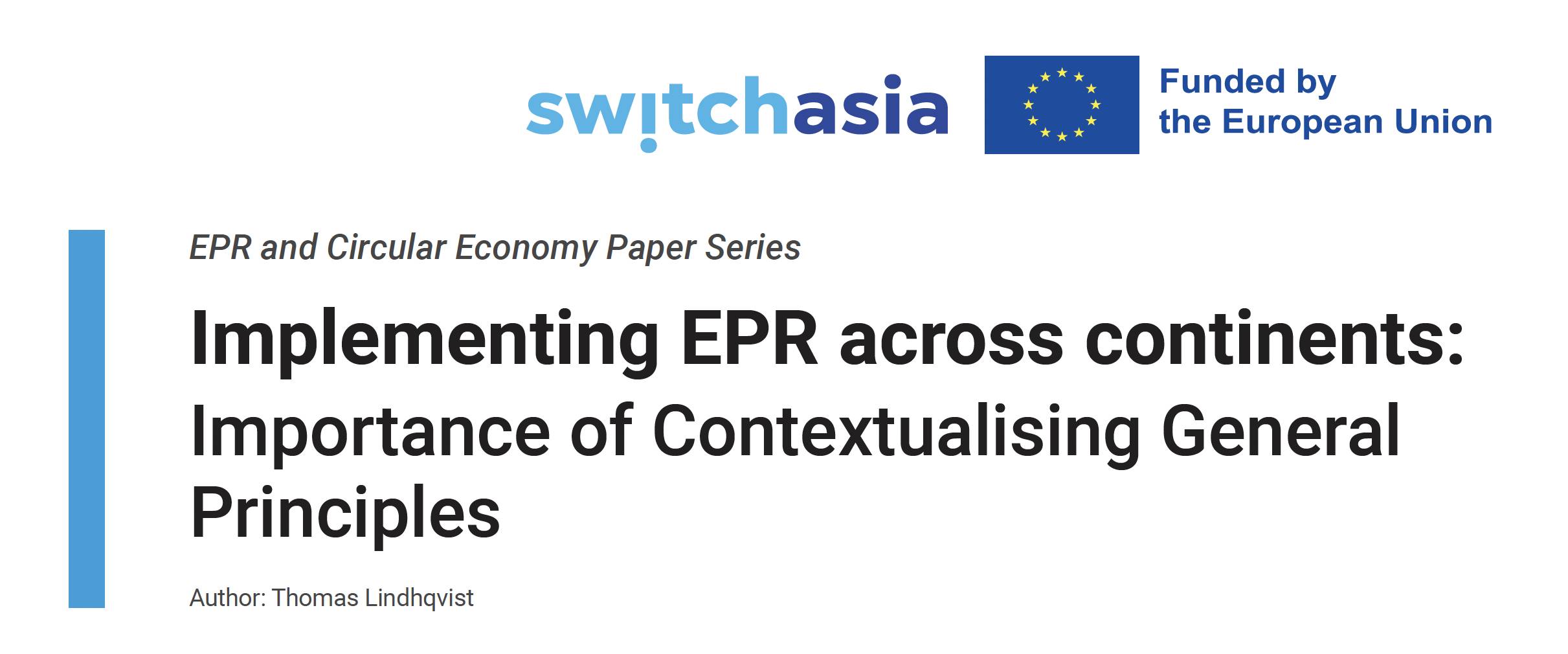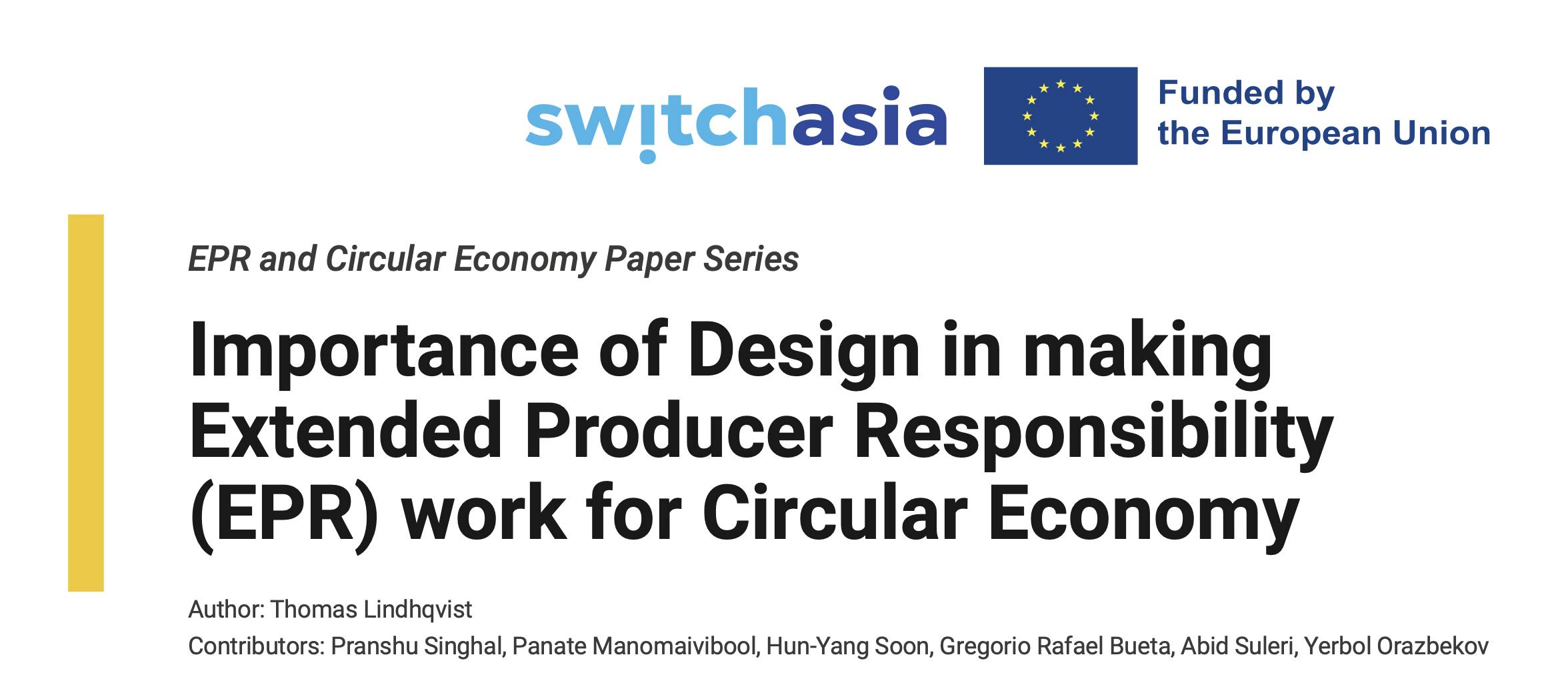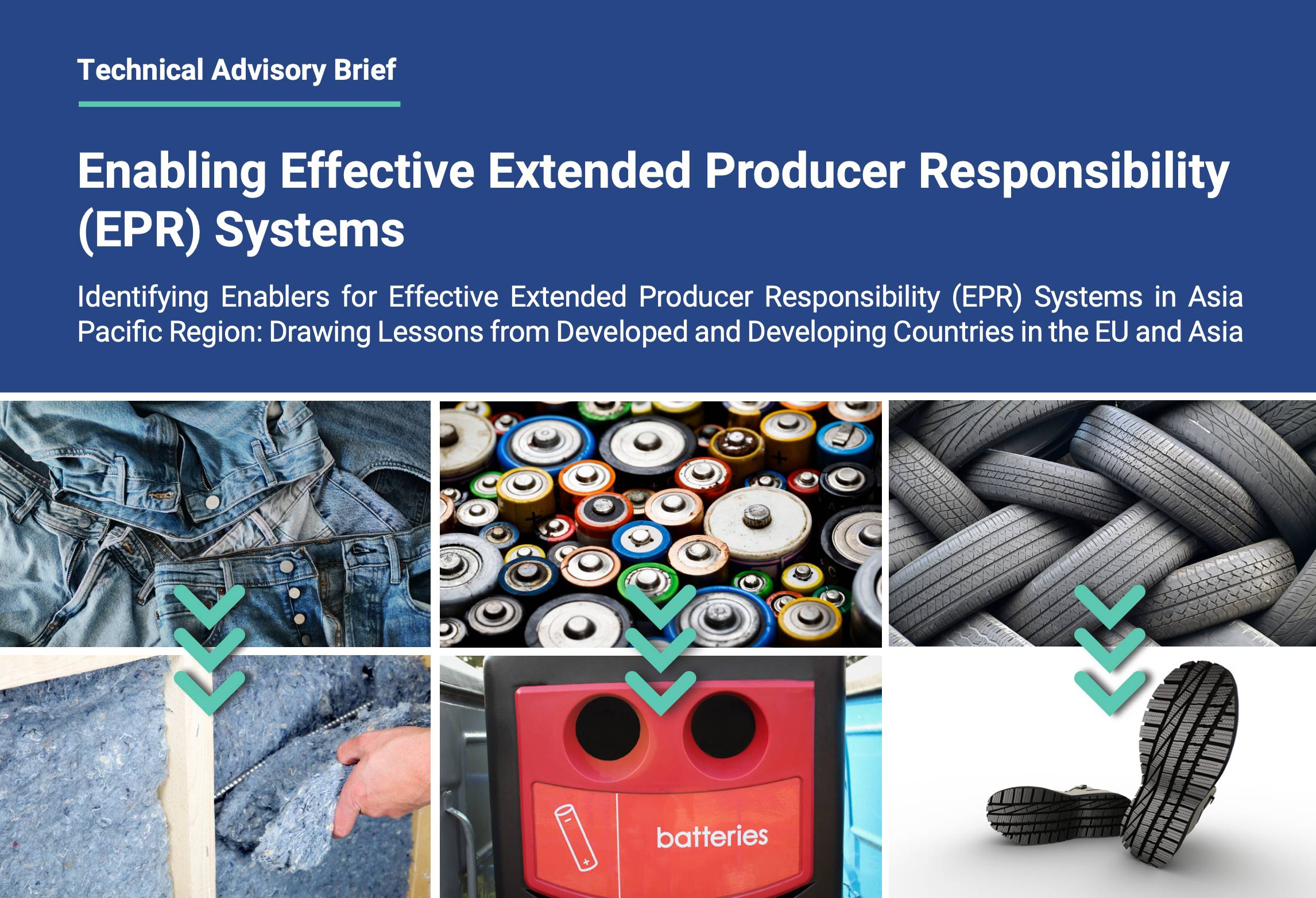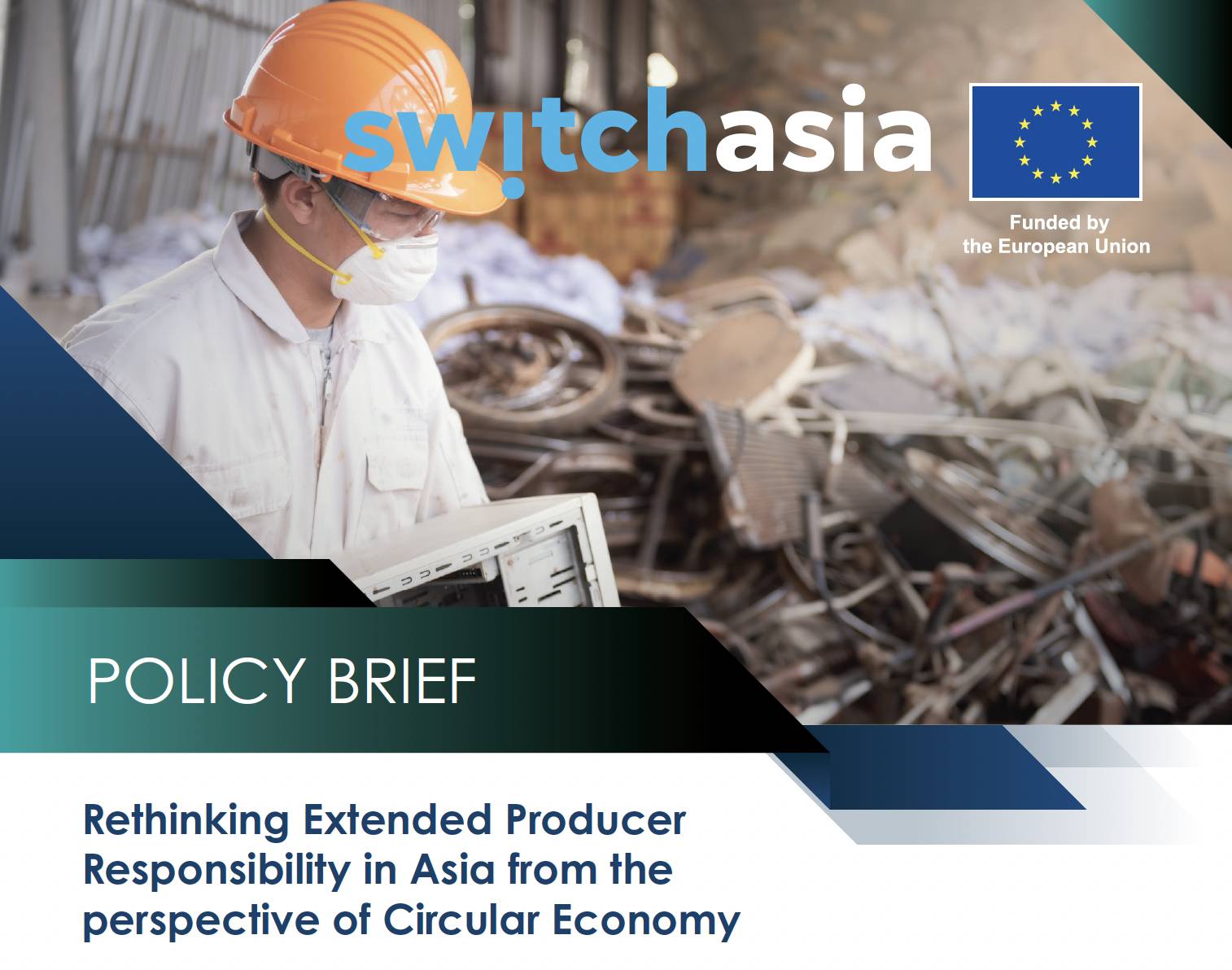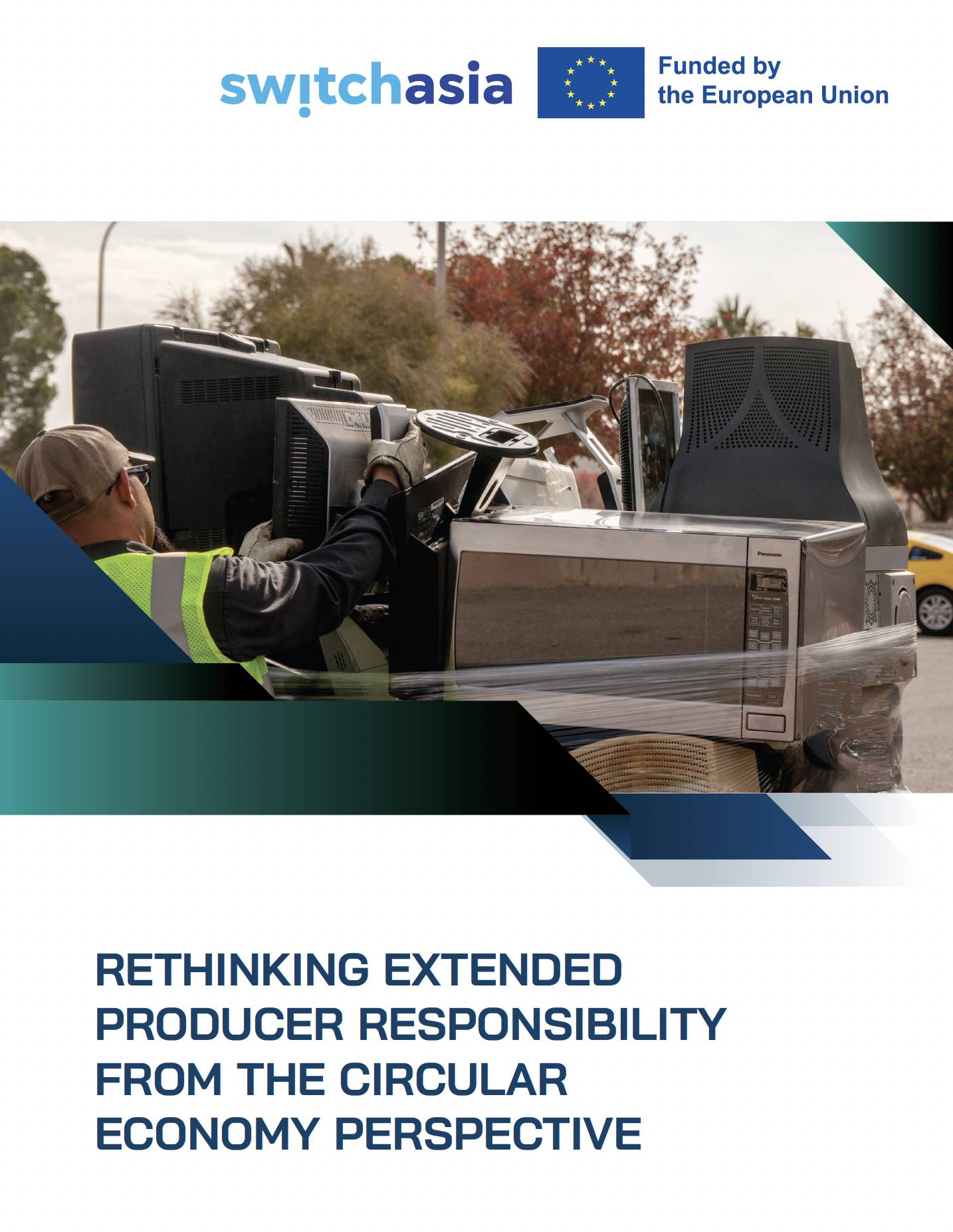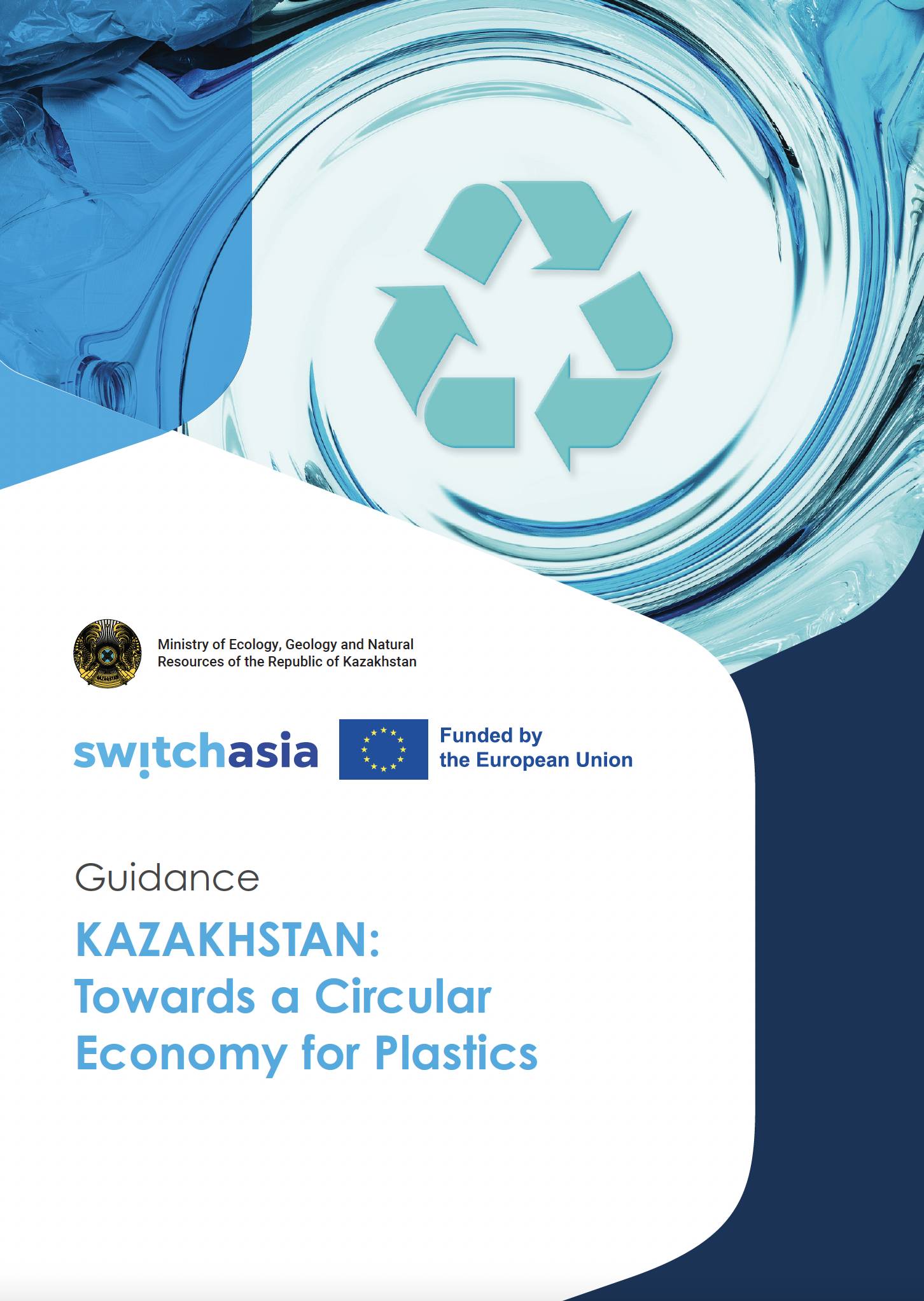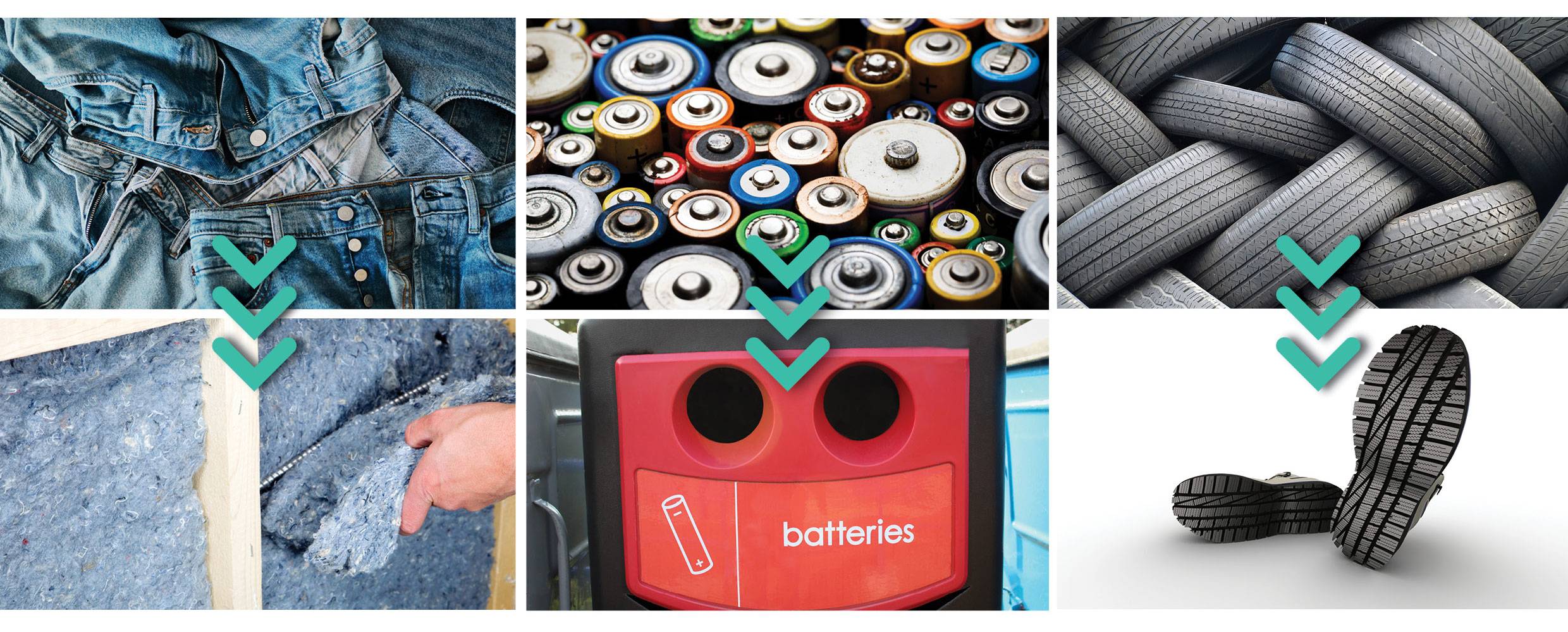
Locations: Kazakhstan, Philippines, Malaysia, Thailand, Pakistan (Completed)
Themes: Extended Producer Responsibility (EPR)
The Challenge
Leveraging its previous work on Extended Producer Responsibility (EPR) and focusing on creating an enabling framework for successful EPR, the SWITCH-Asia programme, through this Technical Assistance (TA), aims to contribute to its objectives of fostering resource-efficient, low-carbon circular economies in the region.
Since EPR was first introduced as a policy principle in 1990, it has attracted significant interest from policymakers and stakeholders seeking to reduce the environmental impact of manufactured products throughout their life cycles. This interest has grown even more as the concept of the Circular Economy (CE) gains momentum. EPR is viewed as an effective approach to internalizing environmental externalities related to post-consumption waste while simultaneously encouraging reduced material use and the design of more recyclable products. This is key to rapidly achieving a fully circular economy that aligns with the principles of the waste hierarchy.
As of now, approximately 400 EPR systems operate globally, covering both developed and developing countries. The number of these systems has likely increased as the concept continues to evolve. Beyond the European Union, there are notable and progressive EPR systems in Asian countries like Japan and China. In developing countries such as Malaysia, India, and Thailand, EPR systems operate under different conditions and face unique challenges.
To further advance EPR systems, it is essential to examine these various implementations, draw lessons learned, and provide policy recommendations. Identifying success factors, enablers, and appropriate conditions will help enhance and promote EPR systems across the Asia-Pacific region.
EPR requires more than just a single policy or law; it calls for a comprehensive package of policies and coordinated enabling actions. This policy package and the enablers should not only improve waste management but also prioritize upstream strategies that focus on waste prevention through product design. Analyzing international experiences will be crucial in developing a robust blueprint for the successful implementation of EPR in the region.
Objectives
The overall objective of this Technical Assistance (TA) is to advance Extended Producer Responsibility (EPR) in the Asia-Pacific region by identifying the key enabling factors that contribute to its effectiveness and alignment with the circular economy. This includes determining success factors, identifying gaps, and providing recommendations for effective EPR systems and enhanced material circularity through stakeholder consultation.
This objective will be achieved by conducting a comprehensive review of existing EPR frameworks in several focal countries, assessing them against the critical enabling factors that drive their success. The process will also involve identifying key experts and stakeholder groups essential to the successful implementation and functioning of EPR systems. An important aspect of this effort will be to understand how these groups can be empowered and enabled to play an effective role within a circular EPR system, ensuring their meaningful contribution to the overall success and sustainability of the framework.
Way Forward
- Developing a framework for enabling effective EPRs, with a specific focus on integrating circular economy principles into the characteristics of the EPR system.
- Identifying and mapping enabling factors and policy frameworks that support the successful implementation of EPR.
- Conducting and documenting the results of national consultations and focus group discussions with national stakeholders.
- Organizing a regional knowledge-sharing session (either in person or online) to discuss findings, recommendations, and potential next steps for advancing EPR systems.
Webinars
Watch the recording here
